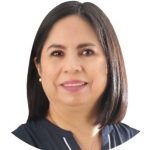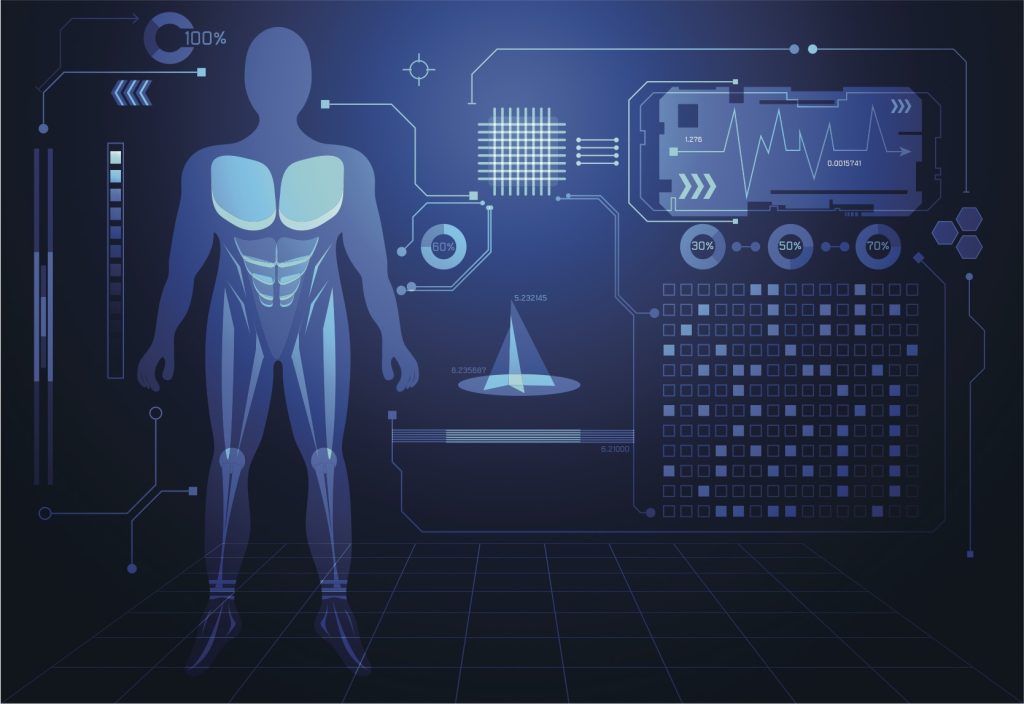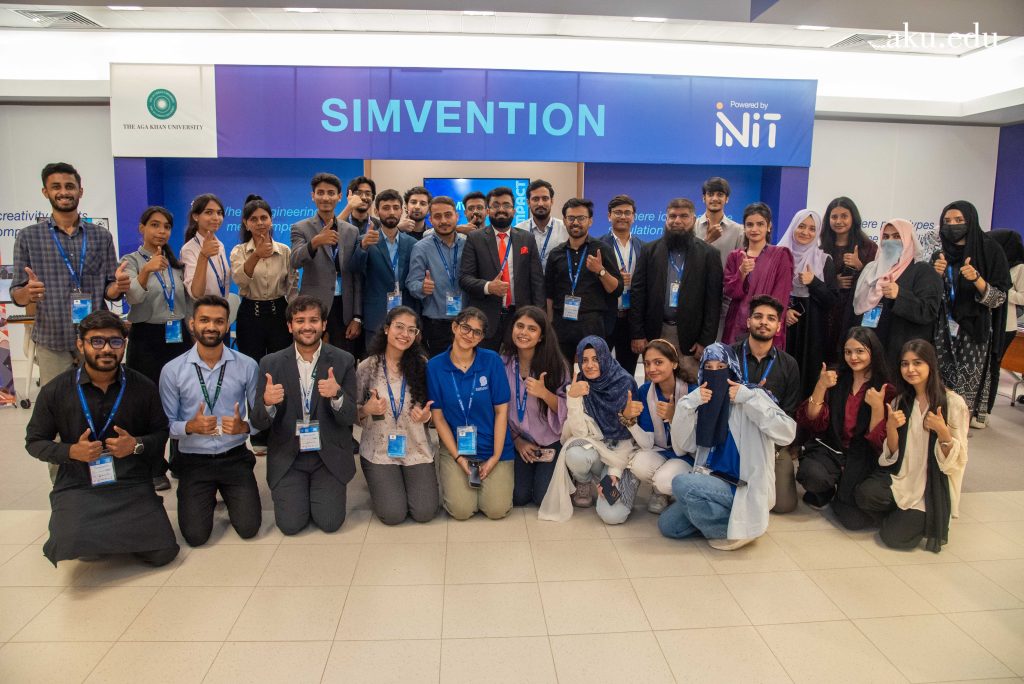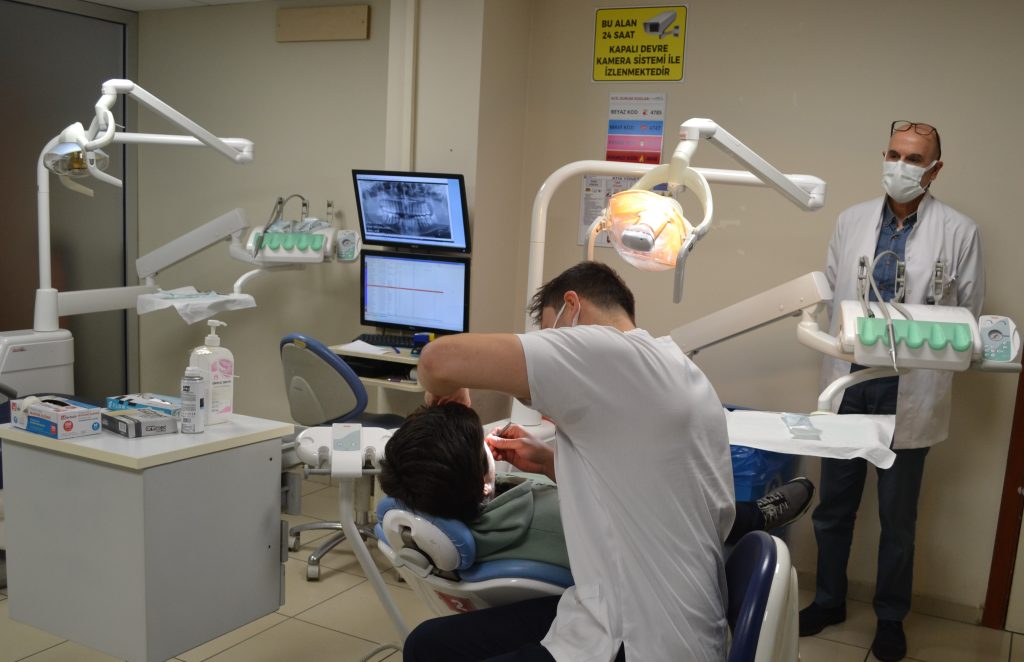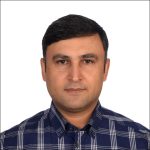Experts from around the world gathered in Copenhagen for the Utstein Meeting to explore the potential of XR technologies in healthcare simulation. Over two days, participants developed a comprehensive research agenda addressing key challenges such as cost, accessibility, and faculty readiness. The discussions focused on integrating XR tools like Virtual, Augmented, and Mixed Reality into healthcare education to enhance training outcomes, improve patient safety, and ensure equitable access to these innovations globally.
Over the course of two inspiring days, leading experts from around the globe gathered in Copenhagen for a Utstein Meeting to discuss the transformative potential of Extended Reality (XR) in healthcare education and simulation. Hosted at the Bella Sky Hotel in Copenhagen, Denmark, from 23 to 24 of November, this event brought together 26 professionals representing diverse geographies and disciplines, united in their commitment to reshaping how medical professionals are trained.
This edition of the Utstein Meeting, sponsored by the Laerdal Foundation, aimed to develop a comprehensive research agenda to harness XR technologies, encompassing Virtual Reality (VR), Augmented Reality (AR), and Mixed Reality (MR), for healthcare education. As a groundbreaking convergence of minds, the meeting sought to:
- Identify the key elements required for implementing XR programs.
- Address barriers and facilitators to adoption.
- Propose a faculty development program for XR integration.
- And ultimately, define a set of research questions to guide simulationists and scientists how to bridge current knowledge gaps.
Participants engaged in intensive discussions, workshops, and collaborative brainstorming sessions to identify the most pressing questions and potential pathways for XR adoption. The event emphasized the importance of aligning technological innovation with educational needs, particularly to address goals that traditional simulation methods struggle to achieve or to achieve the same goals but more effectively and/or efficiently.
Despite Simulation-Based Education and Training has long been recognized as a powerful tool to enhance clinical skills, improve teamwork, and ensure patient safety, research into the effectiveness of XR remains in its infancy, with many studies focusing on user satisfaction rather than measurable learning outcomes. As Doris Østergaard, Professor of Medical Education and Simulation at the University of Copenhagen and one of the event organizers, stated: «We need to shift our focus from novelty to evidence. XR has the potential to redefine medical education, but only if we build on solid research foundations».

What is an Utstein Meeting?
The Utstein meetings typically follow a similar structure, featuring a series of rotating workshops aimed at refining and updating key definitions, concepts, or outcome measures based on extensive prior research. During these sessions, participants reach a consensus and develop a plan and follow-up actions.
Many of Utstein meetings were held at Utstein Abbey on the island of Mosterøy in Norway but in many other cases its distinctive format was maintained but participants met in other venues. The COVID-19 pandemic has accelerated the adoption of videoconferencing, enabling several Utstein projects to be successfully conducted remotely.
A Brief History of Utstein Meeting
The concept originated at Utstein Abbey, a site steeped in history dating back to 1264. Initially a monastery and later a hub for health and spiritual care in the Middle Ages, the Abbey provided a fitting backdrop for the 1990 meeting organized by the Laerdal Foundation. This inaugural gathering brought together resuscitation experts from Europe and North America to address the need for uniform definitions and data in cardiac arrest research. The resulting guidelines, known as the Utstein Style, became a global benchmark, influencing fields such as trauma care, disaster response, and more recently, maternal and neonatal health.
Over the years, Utstein Meetings have evolved to address emerging challenges in healthcare, yet their core mission remains the same: improving patient outcomes through collaboration, innovation, and rigorous adherence to the scientific method.
A Collaborative Approach to Defining the Future
Participants brought a remarkable diversity of specialties and professional backgrounds, reflecting the multifaceted nature of healthcare simulation. The group included medical doctors with different specializations and backgrounds, alongside nursing and midwifery professionals, biomedical engineers, psychologists, administrators and executives who contributed their expertise to the meeting. Additionally, residents enriched the discussions with their unique insights into context-specific challenges. In a way, this diversity reflects the collaborative spirit of simulation, and underscores the intention to advance education, innovation, and patient safety worldwide. Dr. Barry Issenberg, Director of the Gordon Center for Simulation and Innovation at the University of Miami and current President of the Society for Simulation in Healthcare, emphasized this need for global collaboration: «I was honored to represent the SSH and join my colleagues and friends at SESAM and CAMES to facilitate this Utstein Summit on XR» he said, «The diverse experiences, expertise and contributions of our international participants were an inspiration. Together we developed a consensus to prioritize an ambitious research agenda that will guide the global healthcare simulation community». Of the same idea is Serena Ricci, bioengineer and Assistant Professor at the SimAv simulation center of the University of Genova: «Spending a weekend working with worldwide researchers involved in healthcare simulation was a blessing! In a safe and collaborative environment, nurses, clinicians, executives, psychologists and biomedical engineers tried to understand how XR could be wisely and profitable included in medical education curricula and how to boost its use and research».

Key Themes Emerging from the Meeting
The discussions at the meeting delved into several key themes. Participants examined the barriers and facilitators to adopting XR in healthcare simulation, addressing challenges such as cost, infrastructure limitations, faculty readiness, and the significance of designing programs tailored to specific needs. They emphasized the importance of evidence-based integration, advocating for data-driven decision-making supported by rigorous studies to evaluate the effectiveness of XR and inform its implementation. A recurring topic was the critical role of faculty development, highlighting the need to train educators in the effective use of XR tools and in designing impactful learning experiences. Inclusivity and accessibility also emerged as central concerns, with participants underscoring the need to ensure XR technologies reach diverse populations, particularly those in low-resource settings. Dr. Pier Luigi Ingrassia, President of SESAM and Director of the Centro di Simulazione in Lugano, shared his perspective: «As recommended in the recently published Global Consensus Statement on simulation-based practice in healthcare simulation is about equity. XR should not only enhance learning but also ensure accessibility for all healthcare providers, regardless of their resources».

A Vision for the Future
The proposed outcome of the meeting is a landmark Utstein publication that will provide a roadmap for advancing XR in healthcare simulation. The upcoming publication will serve as a blueprint for researchers, educators, and policymakers, ensuring that XR technologies fulfill their promise in advancing healthcare training and ultimately increasing patient safety. «This is the third Utstein meeting on research priorities in patient simulation we have had the privilege to support, and the rich discussion from experts representing the multiple disciplines of relevance for considering the opportunity of XR makes me believe the resulting publication will raise much interest and be of significant practical value», says Tore Laerdal, Executive Director of the Laerdal Foundation.
And so, stay tuned for updates as the outcomes of this pivotal meeting are published and shared across the healthcare simulation community.
READ ALSO


































